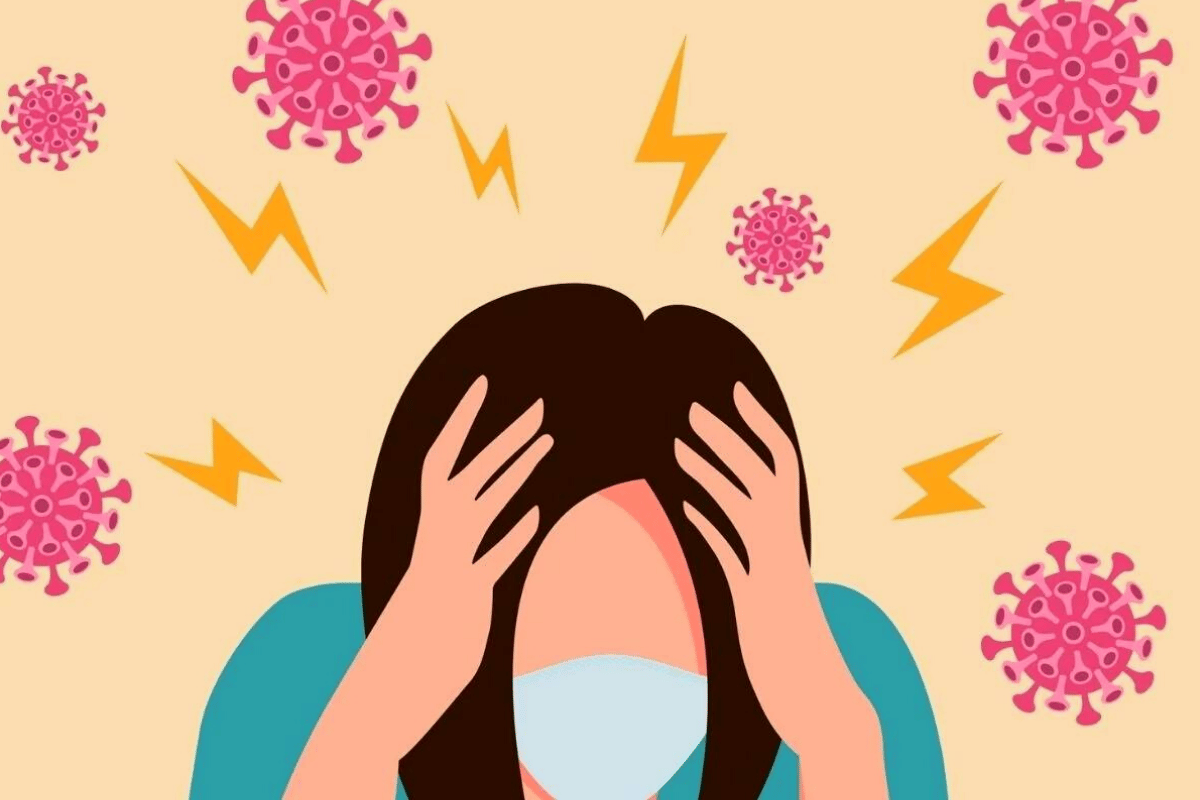
This week, Australia once again hit the 500,000 active COVID-19 cases mark, and the last time we reached that milestone was back in January when the first Omicron wave was just starting to calm down.
With this in mind, conversations on catching COVID are becoming more and more common among family, friends, co-workers and even strangers. As COVID's circulation amps up, there are still some of us who haven't yet contracted the virus. On the other hand, there are plenty who have, and are experiencing their second or third round of it now.
So why is it that some people seem susceptible to falling prey to different variants? While others seem to remain immune, even when they've been surrounded by people who are very unwell?
The Quicky spoke to an expert epidemiologist this week to find out what factors determine whether you are more or less vulnerable to catching COVID more than once, and if there is anything you can do to reduce your risk.
Watch: Dr Lucy Morgan on what it's like to have COVID-19. Post continues below.
Professor Adrian Esterman is the Chair of Biostatistics and Epidemiology at the University of South Australia.
As for why some people seem to catch COVID over and over again, and others not at all, Professor Esterman said it comes down to an individual's immune response.




























































































